GED Testing Accommodations and Support for Students with Disabilities
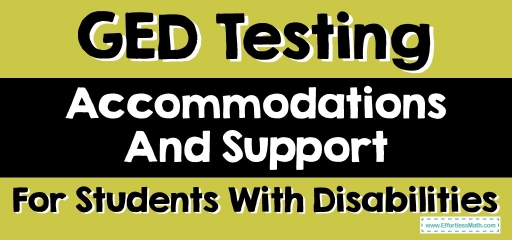
Is there Test Prep for Students with Learning Disabilities?
Even some students without learning disabilities will instead use this test prep to make studying easier for everyone.
Helpful Tools Acceptable at Test Centers
Some test centers provide resources kike wheelchair access, scratch paper, and even your preferred seating position in the room. Also, you’re allowed to bring along your resources the center can’t provide, like earplugs, prescription medicine, service animals, medical devices, and other helpful things. You can contact your test center beforehand to confirm the equipment available and what you’re allowed to bring.
Alternate Test Versions
It is possible to take HSE tests in different languages (Spanish or English), computer-based or paper type, large print, audio, braille. All these are to ensure that all students can write the test in an atmosphere conducive to them.
High School Equivalency Tests
The Perfect Prep Books for the GED Math Test
Related to This Article
More math articles
- How to Multiply a Polynomial and a Monomial? (+FREE Worksheet!)
- 7th Grade New York State Assessments Math Worksheets: FREE & Printable
- Math Made Easy: Essential Tips to Memorize Formulas and Supercharge Your Learning
- A Comprehensive Collection of Free GED Math Practice Tests
- Top 5 Books for math teachers
- 4th Grade Georgia Milestones Assessment System Math FREE Sample Practice Questions
- Top 10 Tips to Overcome CBEST Math Anxiety
- Top 10 Tips to Overcome HiSET Math Anxiety
- The Ultimate DAT Quantitative Reasoning Course (+FREE Worksheets & Tests)
- How to Help Your 5th Grade Student Prepare for the Indiana ILEARN Math Test
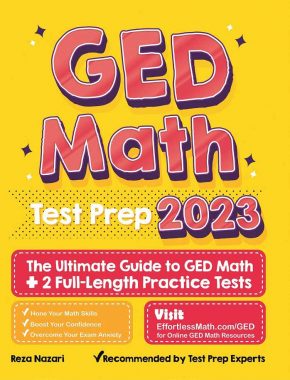

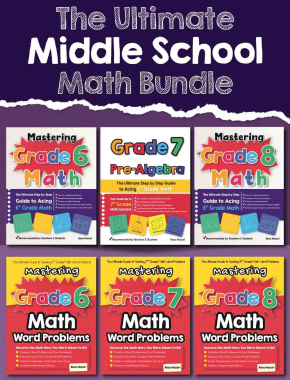
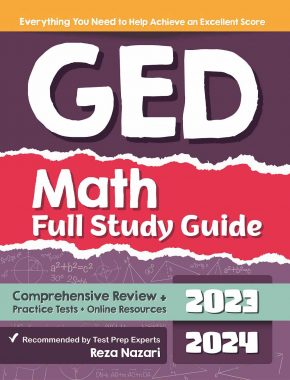

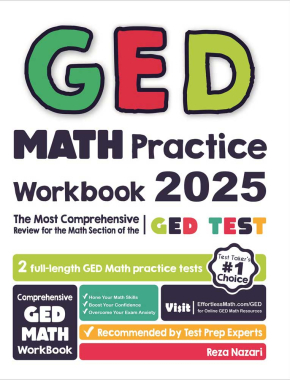
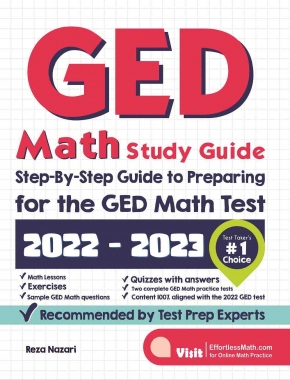



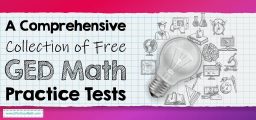


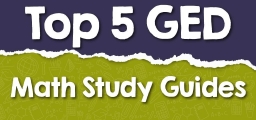

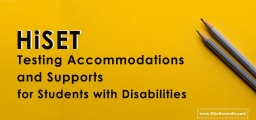
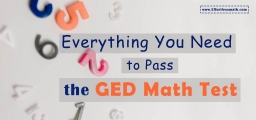

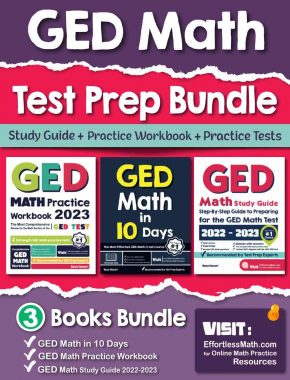
What people say about "GED Testing Accommodations and Support for Students with Disabilities - Effortless Math: We Help Students Learn to LOVE Mathematics"?
No one replied yet.